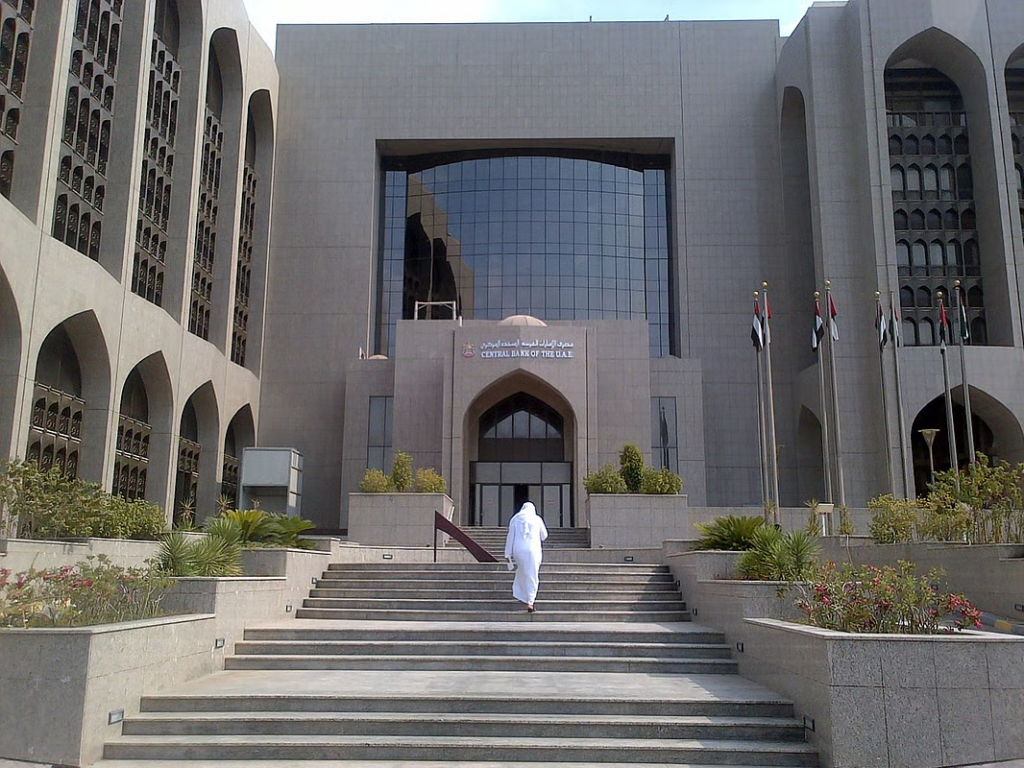The UAE has introduced a major change to the way personal loans work in the country, and it’s a change that directly impacts everyday residents, especially those earning modest incomes or just starting their careers.
The UAE Central Bank has officially cancelled the minimum salary requirement for personal loans, a benchmark that previously hovered around Dh5,000 at most local banks.
This means banks can no longer rely on a fixed income number. Instead, each institution will set its own eligibility rules based on internal policies. For thousands of residents across Dubai, Abu Dhabi, Sharjah, and the Northern Emirates, this shift opens a door that was previously shut.

A Quick Look at the Big Change
For years, personal loans in the UAE were tied to a minimum salary requirement. Most banks insisted on Dh5,000, and some even pushed it to Dh7,000 or Dh8,000, depending on risk.
Now, that threshold is gone.
- No fixed salary rule
- Banks decide their own criteria
- More residents become eligible for loans
- Low-income workers and young graduates benefit the most
It’s a rare moment where a rule change instantly expands financial access for a large population.
And Everyday UAE Life
Dubai is a fast-paced city built on opportunity — but also on responsibility. Expenses come up out of nowhere: medical emergencies, school fees, house shifts, flight tickets, and family support back home. For many residents, a personal loan isn’t about luxury; it’s about breathing room.
This rule change matters because:
- Many workers earning below Dh5,000 were automatically shut out from loan options
- Fresh graduates earning entry-level salaries had no access to emergency financing
- Labour-sector employees often depended entirely on employers or informal lenders
Now, they’re finally included in the formal system.
It’s a shift that reflects the UAE’s ongoing efforts to bring everyone, not just high earners, into the financial fold.
The Aim of the UAE Central Bank
According to comments shared with Emarat Al Youm, officials said the decision is part of a larger push toward financial inclusion. The UAE wants every resident — whether they work in hospitality, delivery, construction, housekeeping, or in an office tower in DIFC — to have access to safe and regulated financial tools.
A key highlight of the update is the emphasis on WPS-linked accounts (Wage Protection System). Officials confirmed that:
- More residents will now be able to open bank accounts
- These accounts will be tied to WPS
- Loan installments can be deducted directly when salaries land
This gives banks confidence — while keeping repayments predictable for customers.
What Banks Can Still Control
Just because the minimum salary rule is gone doesn’t mean personal loans will be handed out automatically.
Banks can still apply their own internal checks, such as:
- Required employment duration (3–12 months)
- Employer eligibility
- Salary transfer requirements
- Debt-burden ratio (DBR)
- Credit score history
- Maximum loan amount as per income
So yes, the door is open — but approvals will still depend on responsible banking practices. A resident earning Dh3,000 doesn’t get the same loan amount as someone earning Dh12,000. But the important thing is that the option now exists.
How This Affects Low-Income Workers and Entry-Level Staff
This is where the policy truly makes an impact.
1. Workers in the labour market
From delivery riders navigating Dubai traffic to warehouse staff in JAFZA and construction workers across the country, many of them couldn’t open proper accounts or apply for loans earlier.
Now, they can.
2. Fresh graduates
A 22-year-old earning Dh3,500 in Business Bay can now request a small personal loan if needed — something impossible before.
3. Part-time and support staff
House helpers, salon assistants, and retail workers often couldn’t meet the previous threshold.
Now they can be assessed based on actual risk, not fixed numbers.
4. Residents needing short-term “cash on demand”
Banks can offer:
- Small financing
- Flexible repayment
- Short-term personal loans
Especially helpful during unexpected expenses.
This step allows more people to solve financial problems through regulated banking, instead of turning to unregistered lenders or borrowing in risky environments.
What Should Residents Do Now?
If you’re planning to apply for a UAE personal loan, here’s what helps:
- Check multiple banks — each one will set new rules.
- Keep your credit score clean.
- Ensure salary is routed through WPS if applicable.
- Ask about fees, interest, and insurance before signing anything.
- Avoid applying to several banks at once — it affects your score.
The new rule may not guarantee approval, but it guarantees opportunity.
The UAE’s decision to cancel the minimum salary rule for personal loans is more than an administrative update — it’s a step towards ensuring every resident, regardless of income, has access to essential financial support.
It gives people choices and offers safer options.
And it strengthens the trust between residents and the country’s banking system.
Read More:
- Heavy Traffic on Al Khawaneej Road: Police Urge Drivers to Slow Down as Congestion Builds – Social Kandura
- ATEEZ and BamBam Are Heading to Jeddah for K-pop Masterz 2025 – Social Kandura











